
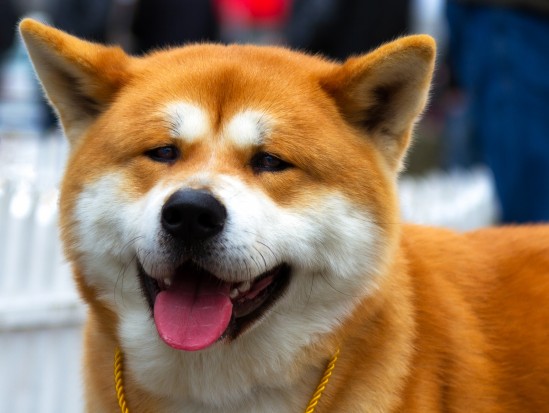
The dog is of course a social animal by design, and in the wild, dogs rely upon each other to a great extent for a wide range of things, including assistance with hunting and scavenging for food, shared warmth and comfort, and protection from predators and potential dangers.
However, all of these skills are learned techniques, and dogs are not born instinctively knowing how to do this, how to read the signs of other dogs, and how to respond properly to them. This is why, in the domestic situation, early socialisation is so important for dogs, and is a skill that every dog should learn as early as possible! If your dog is incorrectly socialised or has not had enough time spent around other dogs, they will be at something of a social disadvantage when it comes to meeting others, and may not how to react and respond to them appropriately.
Some dogs tend to be rather more speculative about strangers than others, and when you combine this with strong guarding instincts, large size and a strong personality such as the Japanese Akita possesses, this can result in aggression.
This type of problem often presents itself most commonly when your dog first meets another dog face to face for the first time, and how dogs greet each other in the first instance can be considered to be a very loaded transaction in canine terms.
If your Akita is apt to behave inappropriately when they meet another dog face to face when out on the lead or when they come head to head in the dog park, this can present a whole range of problems that are best avoided. While you should of course spend time working on your dog’s socialisation skills to improve first meetings in the future, in this article we will look at ways in which you can manage and control your dog from reacting poorly to another dog in an approach situation. Read on to learn more.
Firstly, you should take steps to get your Akita used to meeting with other dogs in a wide variety of contexts, at first within situations that you can control with confidence. Try to arrange meetings on neutral territory, where neither dog is within their home zone and likely to feel defensive about it. Keep both dogs on a lead and let them face each other in their own time, and from a safe distance so that neither dog feels pressured or pushed into the other dog’s zone.
Try to identify the core factors that trigger a poor reaction in your dog, such as if your dog is usually fine with others but becomes unhappy or defensive when other dogs come to their home. If your Akita is ok with other dogs as long as they can make their approach in their own time but become upset if the other dog is the first one to make the approach, you will need to work on your dog’s defensive reactions to others, and if their behaviour is loaded due to a defensive reaction in protection of you, or to resource guard toys or food.
You should make yourself familiar with the signs that your Akita is feeling tense and is potentially going to react badly to the presence of the other dog; keep an eye out for cues such as raised hackles, nervous whining, growling, bared teeth and a stiff posture.
When you are confident that you will be able to tell that your dog is about to react badly to another dog, you can then work with your dog to elicit the negative reaction in them within a controlled environment, so that you can work on their reactions and responses. Keep your dog on a lead while you do this, so that you can control their movements, and ensure that they do not get dangerously close to the other dog.
Only expose your Akita to another dog in the triggering situation for a short period of time, up to a minute or two, without a break. Break for a few minutes, and repeat the process a few times before calling it a day.
When your dog exhibits a bad reaction, ignore the behaviour and do not provide any feedback for it. When your dog is tolerant and well behaved, praise and reward. Over time, you should be able to desensitise your dog to reacting to others when they come face to face, and to moderate his negative responses to others.
Always watch your Akita for the signs that they are becoming wound up, but also learn to quickly identify when your dog’s response transitions from negative to passive or positive, and always offer praise and reward at this point. Keep watching your dog at all times, and be ready to remove praise and the positive response if and when their mood changes for the worse again.
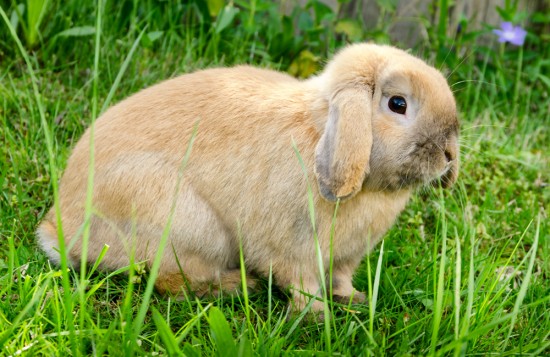 Treating Your Pet Rabbit For Fleas
Treating Your Pet
Treating Your Pet Rabbit For Fleas
Treating Your Pet
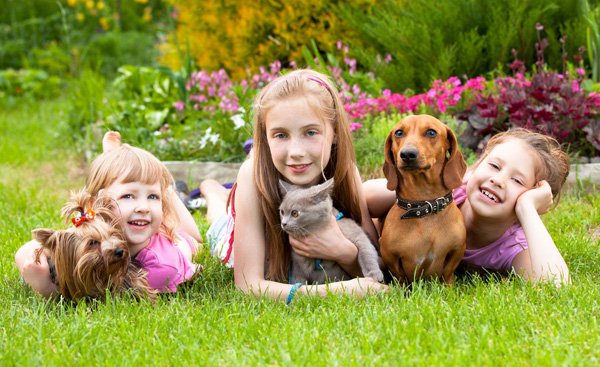 Dog Boarding in Chapel Hill: Keep Dog Safe and Comfortable
Dog Boarding in Chapel Hill: Keep Dog Safe and Comfortable
Dog Boarding in Chapel Hill: Keep Dog Safe and Comfortable
Dog Boarding in Chapel Hill: Keep Dog Safe and Comfortable
 Small Chicken Coop Plans - 3 Starter Tips
So you need small chicken coop plans, maybe its only bec
Small Chicken Coop Plans - 3 Starter Tips
So you need small chicken coop plans, maybe its only bec
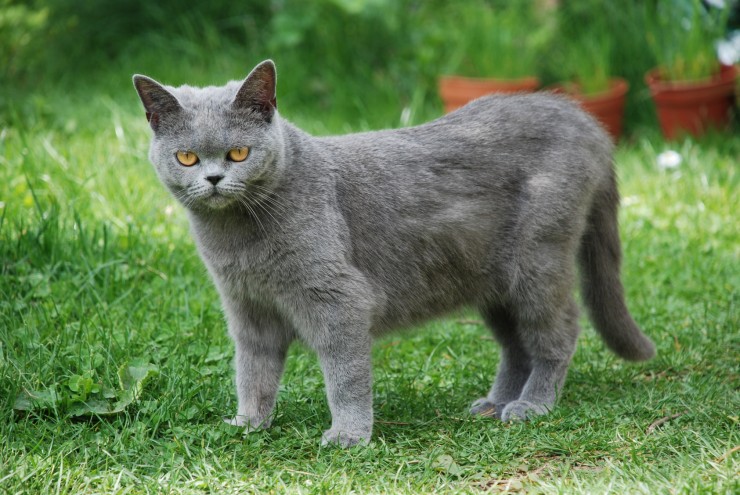 5 Cat Breeds That Take Travelling In Their Stride
5 Cat Breeds That
5 Cat Breeds That Take Travelling In Their Stride
5 Cat Breeds That
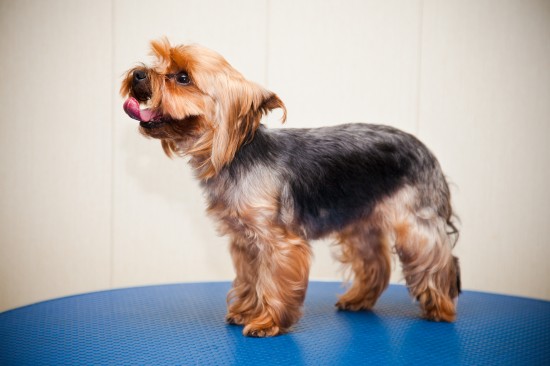 Coping With Atopic Dermatitis In Yorkshire Terriers
Coping With Atopi
Coping With Atopic Dermatitis In Yorkshire Terriers
Coping With Atopi
Copyright © 2005-2016 Pet Information All Rights Reserved
Contact us: www162date@outlook.com